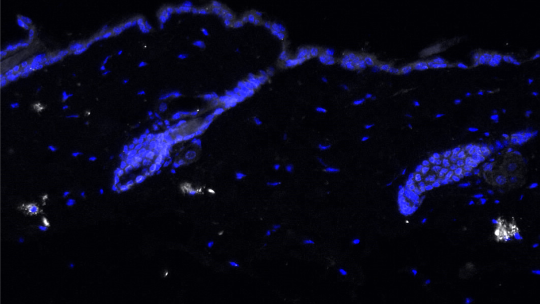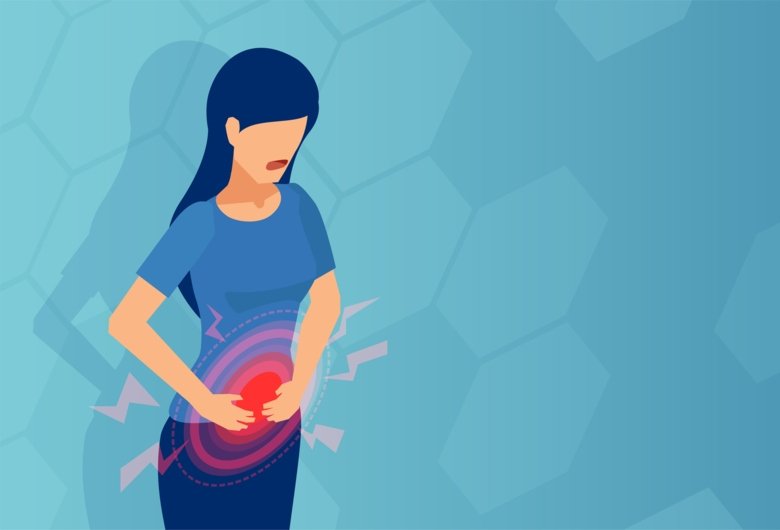
The sites where our bodies come into contact with the outside world—via skin, the surface of the eye, inside the mouth, the lining of the intestine and the urinary tract, for example—are known as barrier tissues.
Helping to defend those tissues are innate lymphoid cells, or ILCs, which when faced with a threat, stimulate proteins called cytokines that further activate the immune system and control the intestinal microbiome.
These cells naturally diminish with aging or can be depleted by certain medical conditions.
ILCs are made inside bone marrow and circulate in the blood. But how are they activated to mobilize and travel to their target sites to replenish the depleted pool of tissue ILCs?
A Michigan Medi...
Read More








Recent Comments